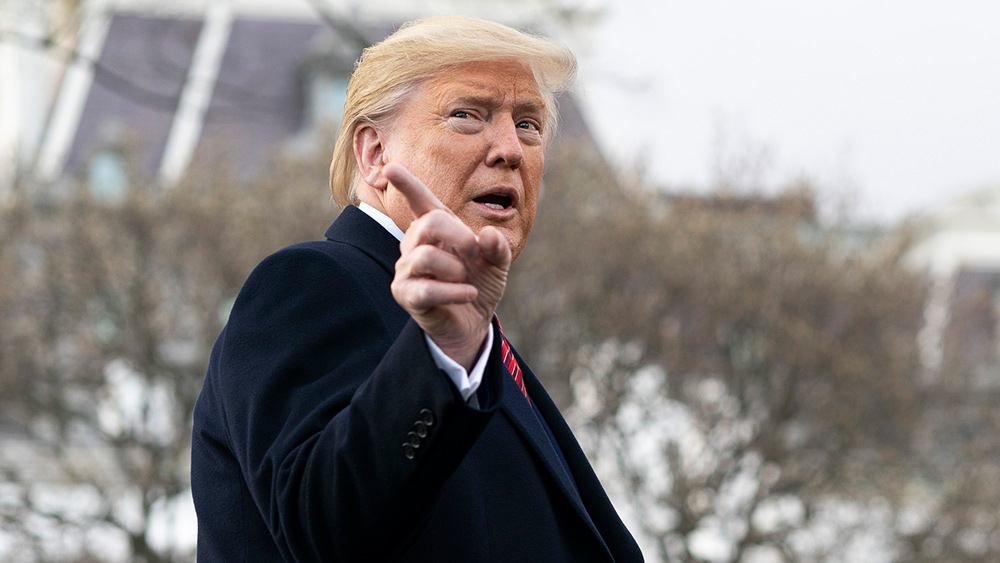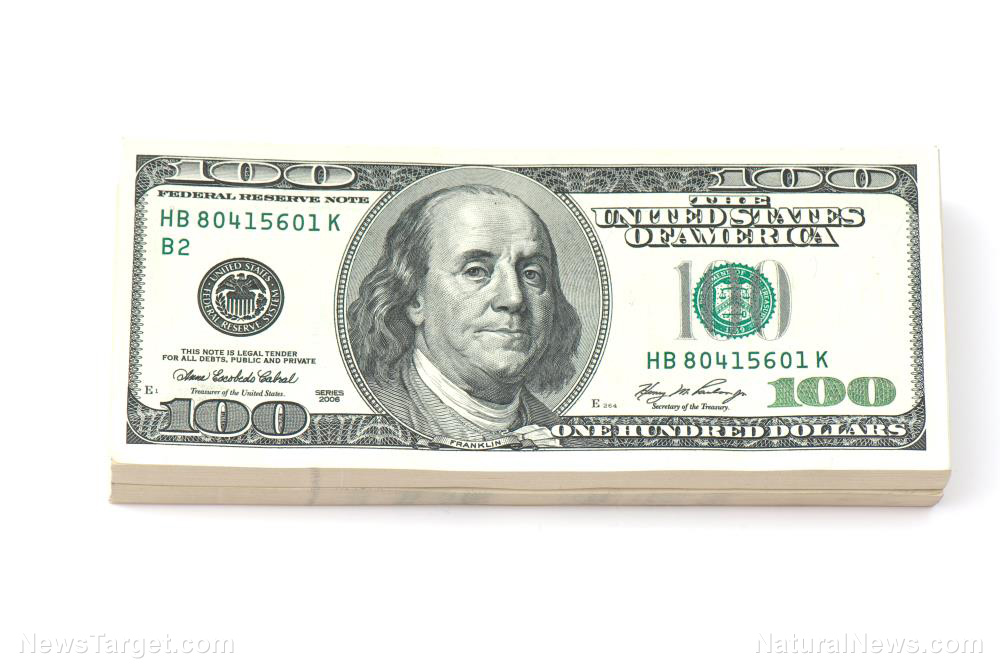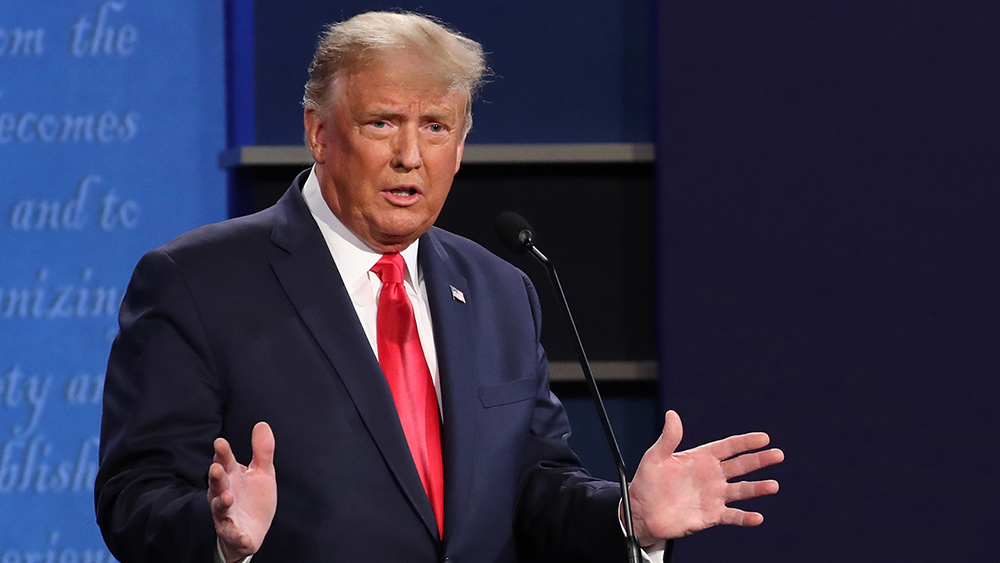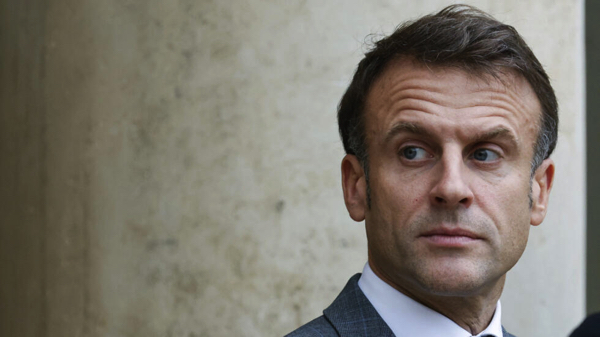 Parler
Parler Gab
Gab
- 8th Note Press – A digital publishing platform
- BytePlus – A cloud-based storage and computing service
- CapCut – A video editing app popular among TikTok content creators
- Gauth – An artificial intelligence-powered homework assistant
- Hypic – A ByteDance-owned photo editing app
- Lark – A software product similar to Microsoft‘s Office productivity suite
- Lemon8 – A social media app with features similar to Pinterest
- SoundOn – An app that pairs with TikTok and allows users to distribute original music creations
When will the ban take effect?
The new law gives TikTok 270 days, or around nine months, to sell to another company, with provisions for a 90-day extension if "significant progress" is being made to divest the app from its Chinese Communist Party (CCP)-linked parent company. During the specified period, TikTok would probably continue to operate normally in America. The 270-day timeline implies that TikTok users can still access the app beyond the November presidential election. The timeline in the original House bill was only 180 days, which could have shut down TikTok at least one month ahead of the election. Lawsuits could extend the proposed timeline or junk a ban entirely. While TikTok could sell the app instead, the odds may not be great. In the past, China's government has announced that it would strongly oppose a forced sale of the famous app. At the same time, a purchase of TikTok would cost at least tens of billions of dollars. Not many people or companies can afford that. And while there are companies that do, such as Meta or Google, they probably won't try to buy TikTok because it's doubtful that antitrust regulators would allow it. In the past, many U.S. officials have voiced concerns about how China's government can force TikTok to send data from Americans' smartphones or manipulate the videos that users watch on TikTok toward the preferences of the CCP. These officials also claimed that the best way to eliminate the national security risk is to force ByteDance to sell the U.S. version of TikTok to a non-Chinese owner or ban the app in America entirely. Additionally, the officials concerned about TikTok warned that it is a unique risk to U.S. national security. The popular app is used by almost 50 percent of Americans, and it functions like a TikTok-programmed nationwide TV channel that could influence Americans' views about important events like the upcoming elections. Legislators have also questioned TikTok’s CEO and other executives over the alarming spread of child sexual abuse material through their apps and the potential harm to children’s mental health from social media use. Visit BigTech.news for more stories about TikTok and other social media platforms. Watch the video below as one TikTok star sounds off in favor of divesting the app from CCP influence. This video is from the NewsClips channel on Brighteon.com.More related stories:
Europe hits TikTok with $368 million fine for mishandling children’s personal info. TikTok ban bill could lead to broader surveillance and censorship by the U.S. government. TikTok pressured to ban all truth and push only official narratives. TikTok spending $1 million to fight social media "misinformation" that questions official COP28 narratives (which are rooted in climate LIES). Sources include: TheNationalPulse.com MSN.com Brighteon.comTrump says DEATH PENALTY a proper punishment for “antisemitism” in America
By Ethan Huff // Share
BRICS nations are now openly preparing for a global collapse of the dollar
By Cassie B. // Share
Trump brands Special Counsel Jack Smith a CRIMINAL and calls for his arrest
By Richard Brown // Share
Hamas accepts U.S.-brokered ceasefire proposal – Israel immediately REJECTS IT
By Kevin Hughes // Share
By Richard Brown // Share
Will Macron go to war with Russia? 5 reasons why it could really happen
By News Editors // Share
Governments continue to obscure COVID-19 vaccine data amid rising concerns over excess deaths
By patricklewis // Share
Tech giant Microsoft backs EXTINCTION with its support of carbon capture programs
By ramontomeydw // Share
Germany to resume arms exports to Israel despite repeated ceasefire violations
By isabelle // Share










